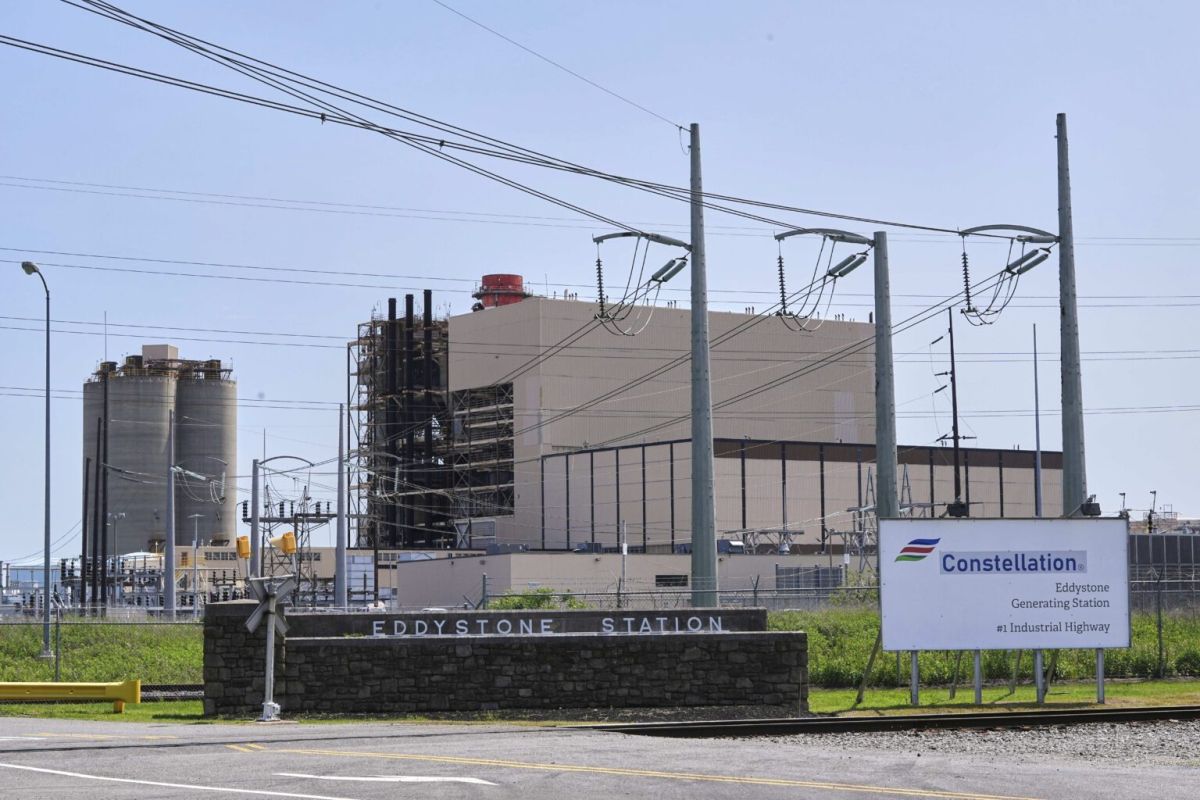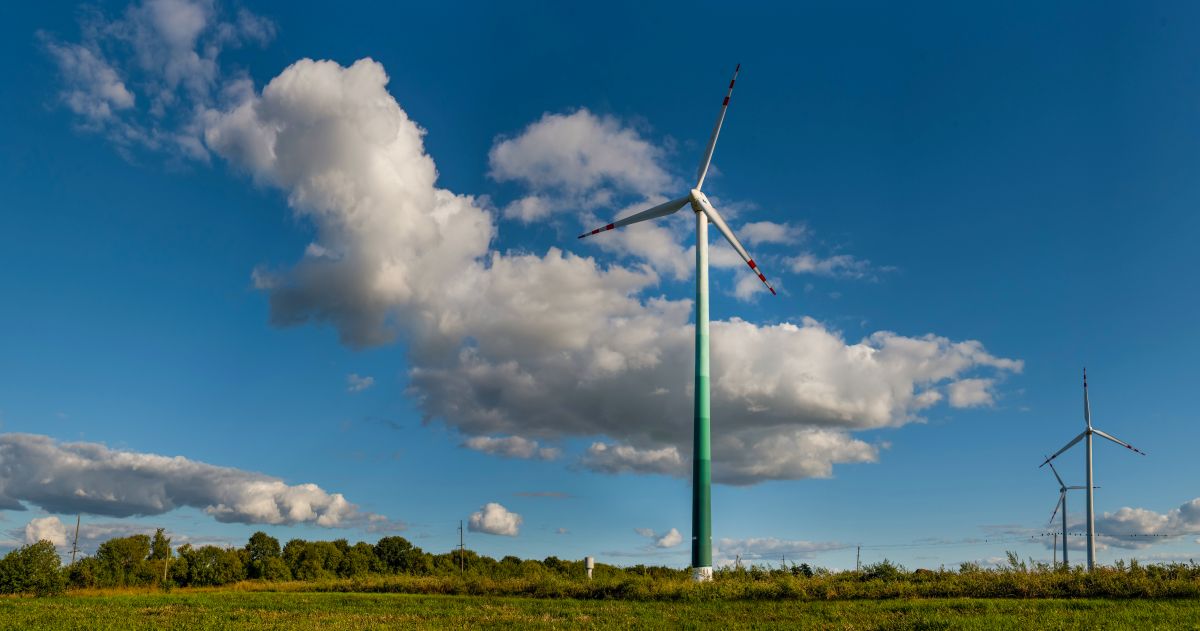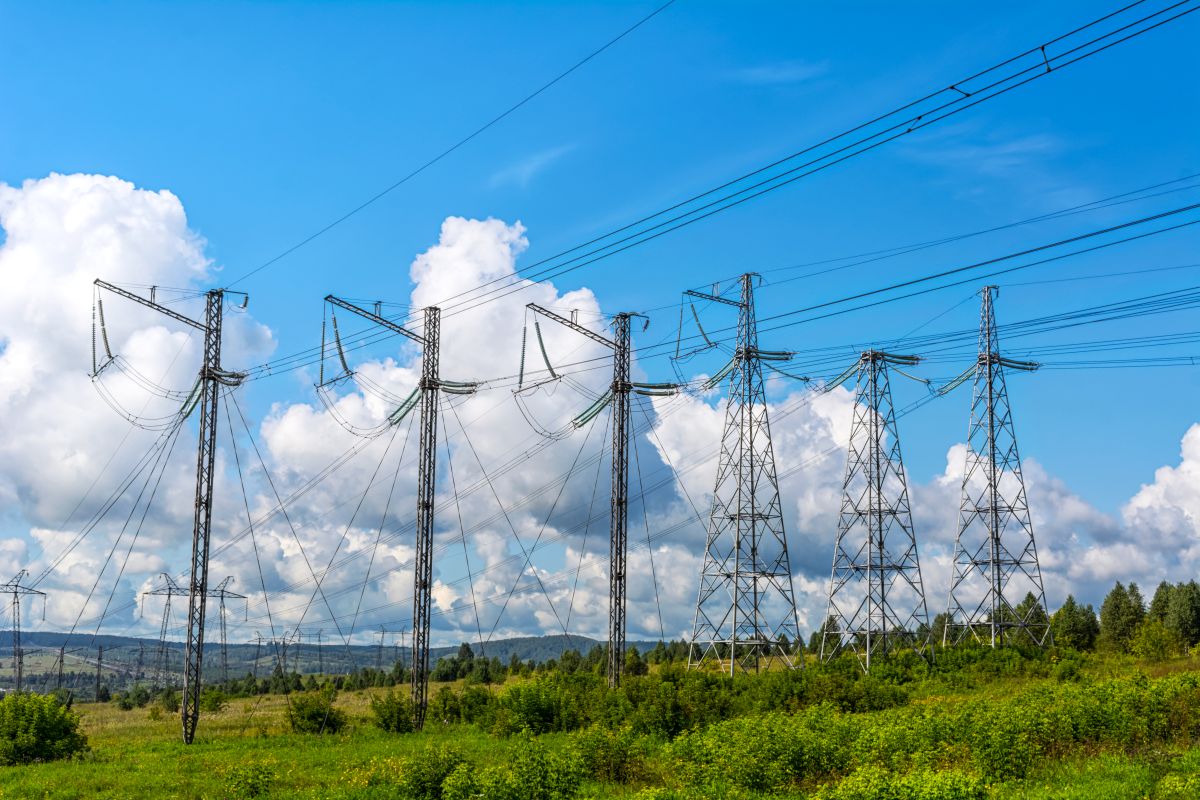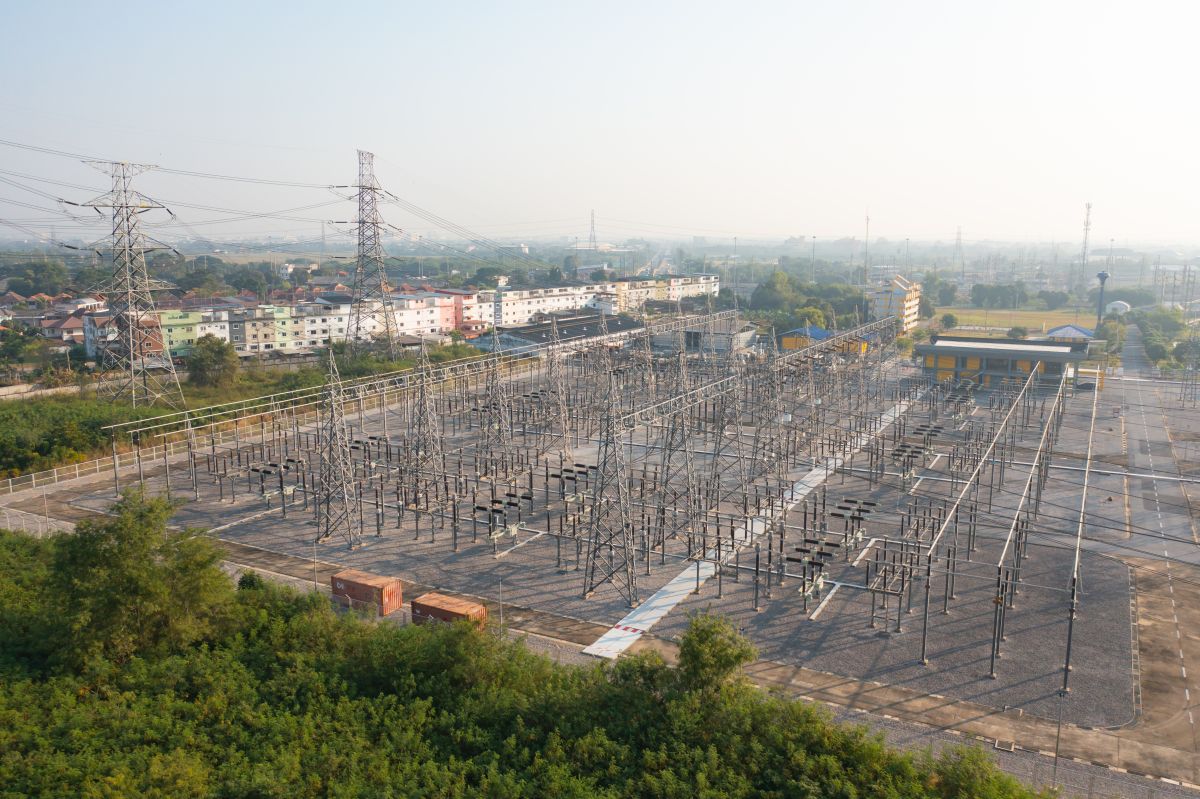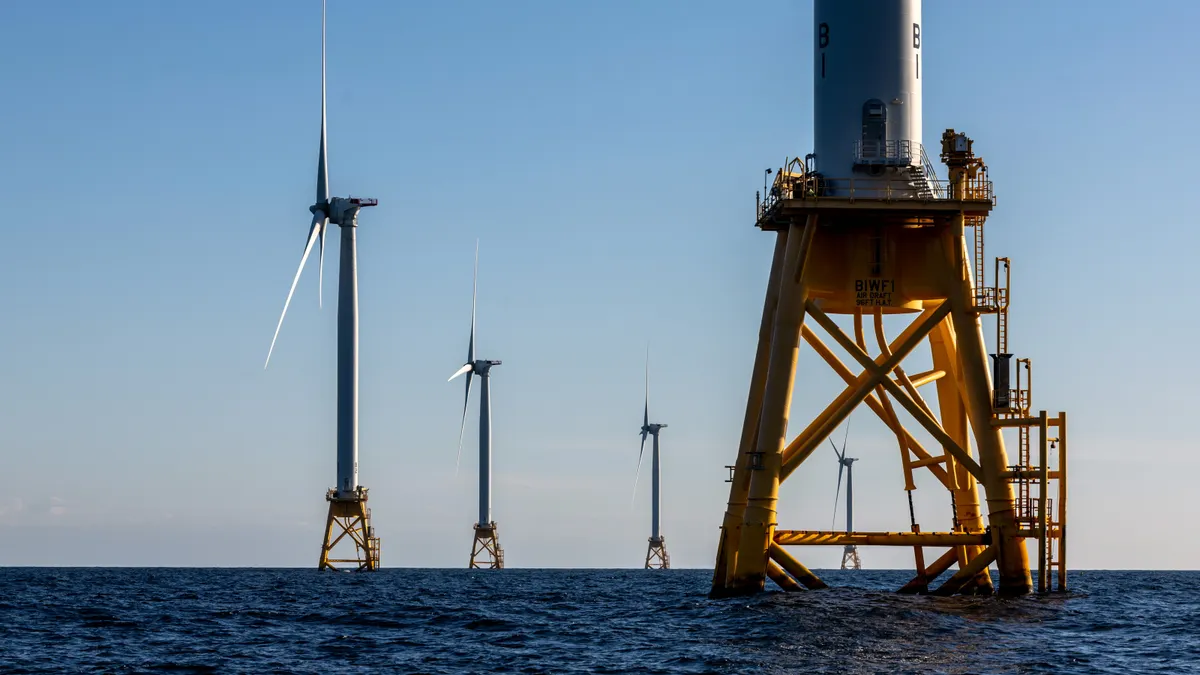WWW.POWER-ENG.COM
Wisconsin’s first large-scale energy storage project – the Paris Solar-Battery Park in Kenosha County – is now online and powering the grid.
The 110-megawatt (MW) battery portion of the Paris Solar-Battery Park went online this month, while the 200-MW solar portion of the project went into service in December.
The storage facility is made up of batteries capable of powering more than 130,000 homes for four hours, We Energies, the majority owner of the project, said.
“Bringing Wisconsin’s first large-scale battery storage project online is historic and continues our commitment to provide customers reliable and affordable energy,” said Mike Hooper, president – We Energies. “Our ‘all of the above’ power generation approach means customers can count on the energy they need, no matter the weather or the time of day.”
Wisconsin Public Service and Madison Gas and Electric are also co-owners. The project was developed by U.S.-based Invenergy, a privately held developer, owner, and operator of energy solutions.
What else is in store?
More battery energy storage should be popping up across Wisconsin soon.
Last November, the City of Green Bay Plan Commission authorized a Conditional Use Permit (CUP) to allow Tern Energy Storage LLC to establish a BESS on 8.1 acres of land. The proposed 200-megawatt (MW), 800-megawatt-hour (MWh) BESS will consist of approximately 450 battery enclosures (10′ X 30′ in size), approximately 112 transformers, and a collection substation.
Presuming it overcomes increased costs and delays in construction, the Koshkonong Solar Energy Center will include a 300 MW solar facility and a 165 MW BESS in Dane County. We Energies, Wisconsin Public Service, and Madison Gas and Electric recently agreed to purchase the project from Chicago-based developer Invenergy. Considering supply chain disruptions, interest rates, and federal regulations combating unfair trade practices and forced labor, the once $649 million project is now expected to cost more than $900M to build.
In September 2023, Black Mountain Energy Storage received approval from the City of Milwaukee to construct a 300 MW/1,200 MWh battery storage project, slated to be Wisconsin’s largest known standalone battery project.
The department, in its order, cited PJM’s growing concerns about power shortfalls amid the shutdown of aging power plants and rising electricity demand. PJM has projected significant growth in electricity use to power America’s fast-rising demand for artificial intelligence and cloud computing platforms.
Demand for electricity has spiked for the first time in decades. In addition to artificial intelligence, crypto mining, the broader electrification of society and bipartisan political pressure to bring manufacturing back to the U.S. are fueling new electricity demand.
PJM last year approved Constellation’s request to shut down the units, but it welcomed the department’s order to keep them operating, saying it’s a “prudent, term-limited step” that allows PJM, the department and Constellation to study the longer-term need and viability of Eddystone’s units.
In a statement Monday, Constellation said it is “pleased” to work with the department and PJM and is taking emergency measures to meet the need for power “at this critical time when America must win the AI race.”
It also said it is trying to accelerate its restart of Three Mile Island’s Unit 1 to bring it online in 2027, instead of in 2028, as part of a deal to supply data centers run by tech giant Microsoft with carbon-free energy.
PJM, based in Pennsylvania, earlier this year won federal approval to fast-track the construction of new power plants that critics said would favor natural gas plants over clean energy projects that don’t emit planet-warming greenhouse gases.
PJM has said a power shortage could affect the grid as early as 2026 as demand grows for electricity at the same time that aging coal-fired plants and nuclear plants are retiring. Clean energy advocates blame PJM for creating the existing reliability problem by taking an unduly long time to study proposed wind and solar energy projects in its project queue.
Proposals awaiting PJM’s approval are more than 97% solar, wind or battery storage, according to federal figures. Less than 3% are natural gas.
The department took a similar step last week, ordering Consumers Energy to keep the J.H. Campbell coal-fired power plant open in Michigan past its Saturday retirement.
The grid operator there, the Midcontinent Independent System Operator, said the order was unnecessary, that there was no energy emergency there and that there should be enough energy in the region through the summer.
An environmental advocacy group, the Delaware Riverkeeper Network, criticized the move to keep Eddystone operating as an “environmental injustice.” Shutting down the units would reduce hazardous pollution and carbon emissions from the decades-old facility and help the region meet federal clean air standards for smog, it said.



